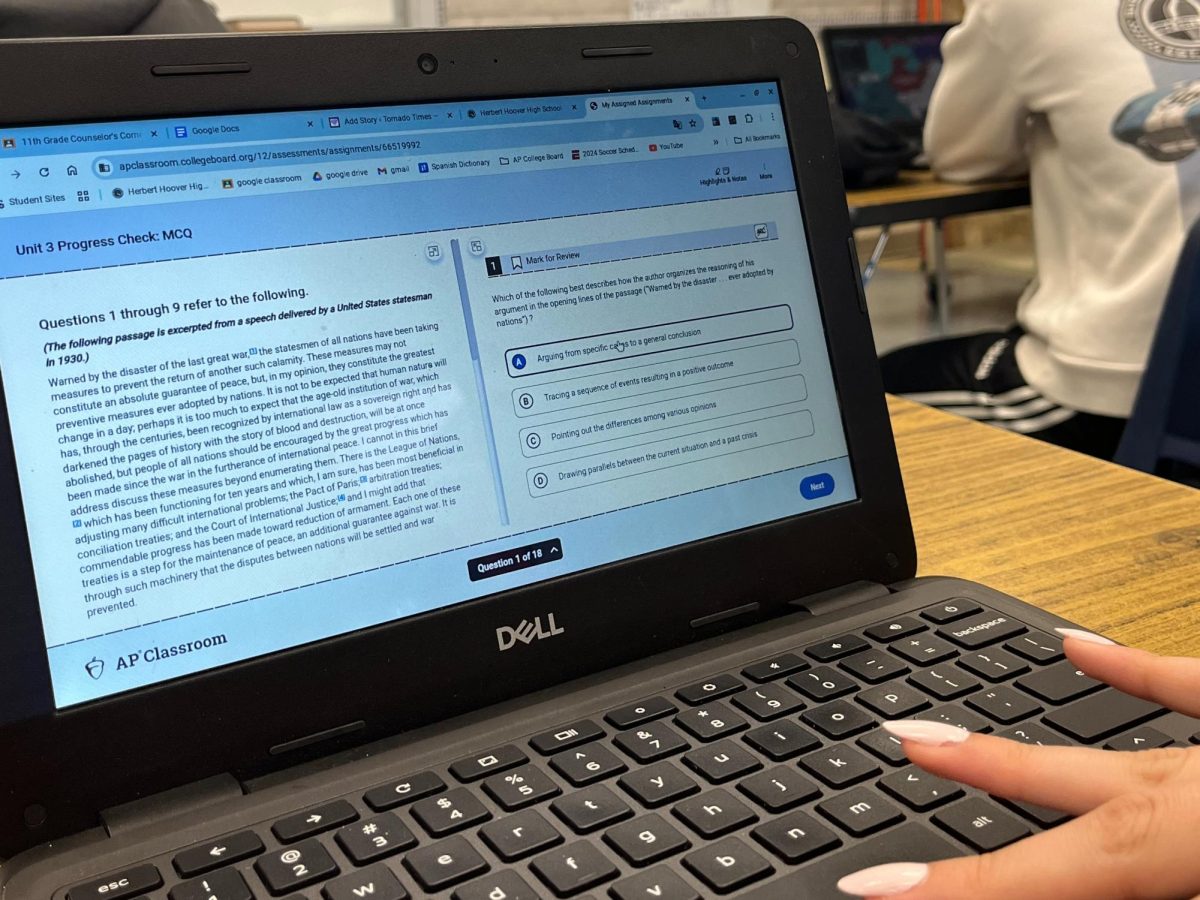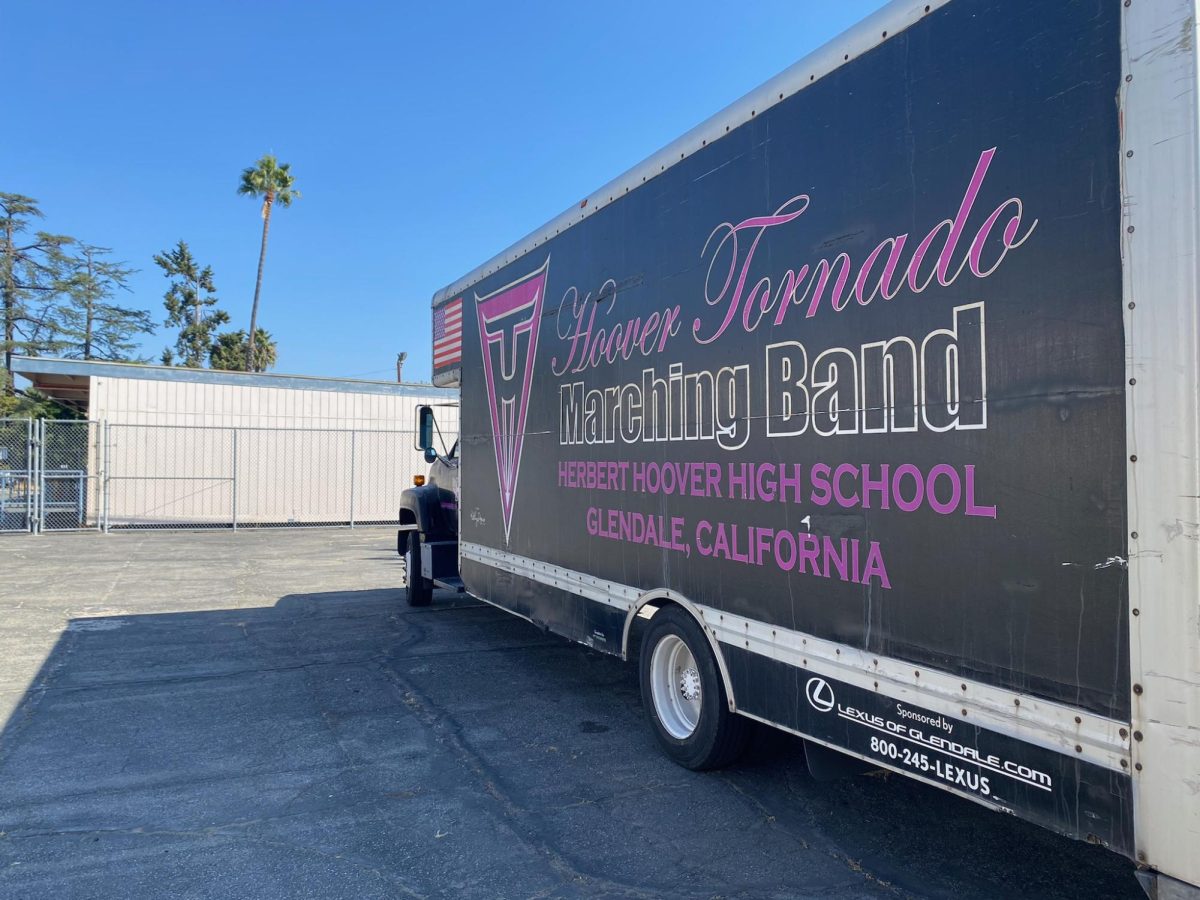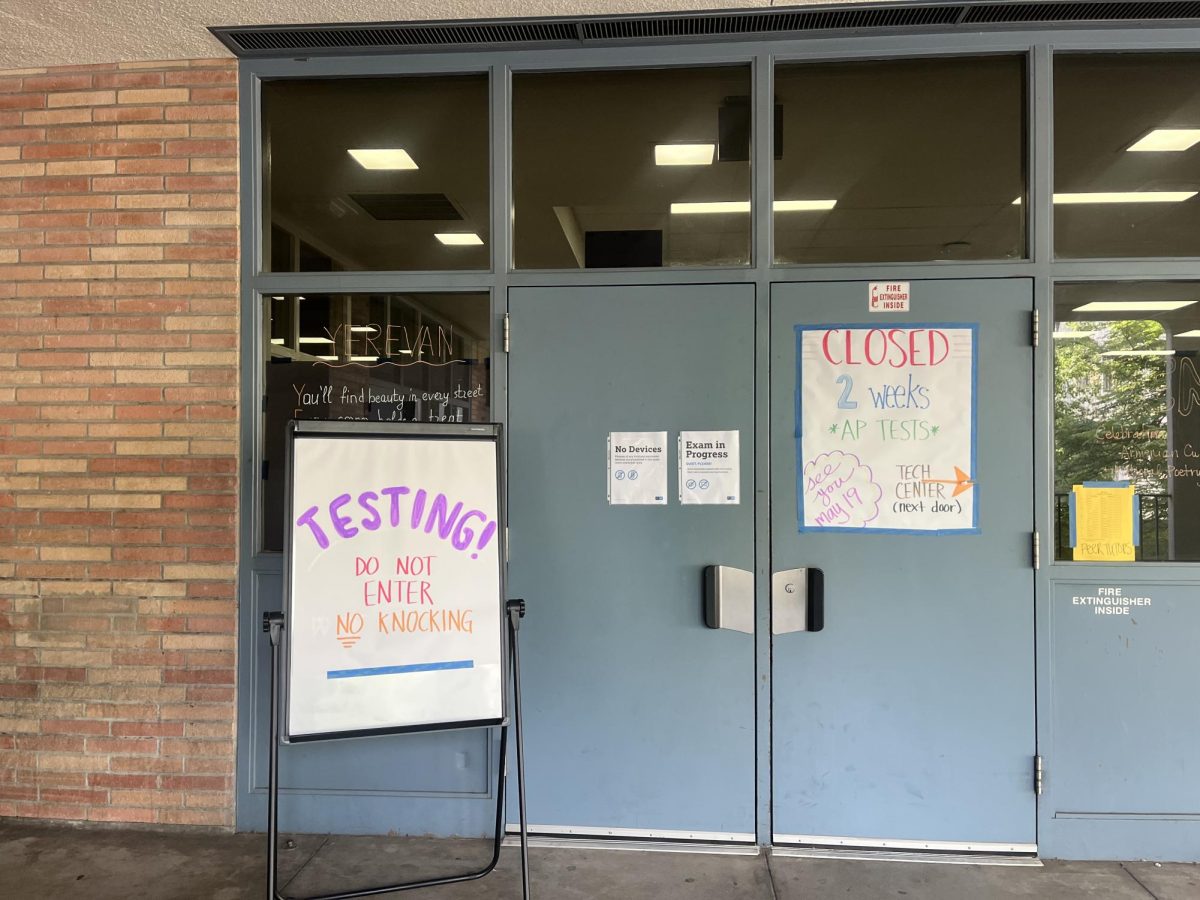As a student in high school, it could be hard to decide whether or not to take Advanced Placement (AP) classes. Are they worth it? Do you have to take them? What are the benefits?
Essentially, AP classes are college level courses offered at high schools that allow students to potentially earn college credit. They aren’t required, but are recommended to get a head start and prepare for college. By passing with a 3, 4, or 5 on the AP exam, colleges will give credit for that class.
AP classes are meant to be challenging and rigorous, which often times scares students into not taking them.
However, I believe that AP classes are extremely beneficial, especially for students that are planning on going to a four year university right after of high school.
Henry Gunnell (’26), who’s taking AP Language & Composition, AP United States History, and more, says, “I think [AP classes] prepare us well for college, and serve as an intro for college level workload. Plus it helps you think more critically in everyday life.”
Being in an AP class gives students a preview of what college classes will look like, so when they do end up going to college, they aren’t completely surprised with the workload. These classes will help them hone their skills and prepare them for college and even their future career, as AP classes teach critical thinking and refine students writing skills.
Time management is another skill that comes with taking AP classes, as students have to learn how to balance assignments, tests, and projects in multiple classes. By learning time management skills in high school, the chance of success in future professional and academic endeavors increases, as it’s an essential skill that could be applied to all aspects of life.
Melania Yapundjian (’26), who’s taking AP US History, AP Seminar, and more, says, “I feel AP classes have been very beneficial in the ways that they help me prepare for future college courses as well as college credit. I feel as if they also help with preparing me for college in general, and with gaining prior and basic knowledge for future college classes.”
Another benefit of AP classes is that it makes students stand out to colleges. By taking challenging courses, admission officers see that students are choosing to take college-level classes in high school, exhibiting motivation and commitment.
Another great benefit that comes with taking AP classes is the GPA boost. For example, a B in an AP class actually counts as an A.
Serly Allahverdian (’26), who’s taking AP Biology, AP Psychology, and more, notes that, “the good aspects of AP classes are that it creates expectations of the things that college level courses expect from us. However, you only get college credit if you pass the exam, not just passing the class.”
It’s important to note that AP classes and AP exams can be stressful, as they are college level. Therefore, students should only take these classes if they are prepared for the workload and the time that they will take.
Nonetheless, AP classes are a great opportunity, and I believe that students should utilize these classes in high school to aid them in the future. They can be a good experience to prepare students for life outside of high school, providing challenges and new insights that spark their curiosity.












